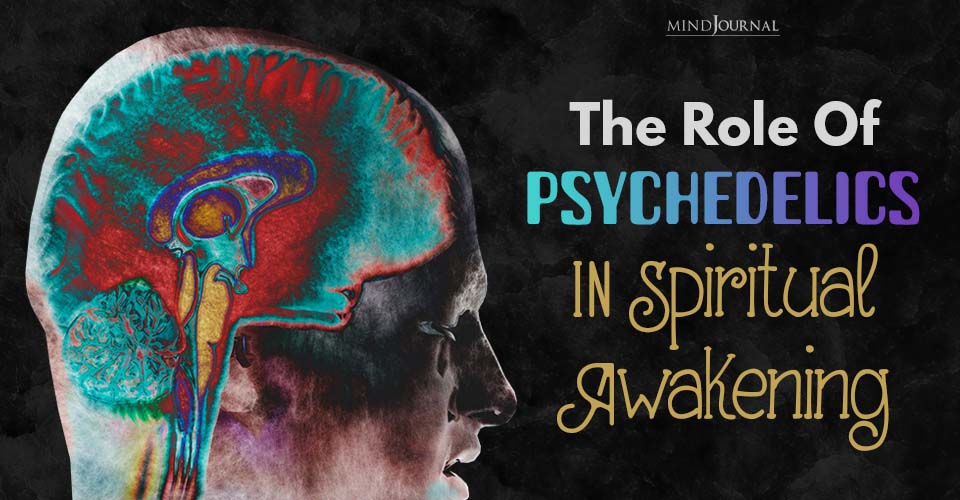Say scientists who have found that loneliness – a trait linked to poor health and early death – is partially heritable.
Loneliness is linked to poor physical and mental health and is an even more accurate predictor of early death than obesity. To better understand who is at risk, researchers at the University of California San Diego School of Medicine conducted the first genome-wide association study for loneliness — as a life-long trait, not a temporary state. They discovered that the risk of feeling lonely is partially due to genetics, but the environment plays a bigger role. The study of more than 10,000 people, published September 15 by Neuropsychopharmacology, also found that genetic risk for loneliness is associated with neuroticism and depressive symptoms.
Just as physical pain alerts us to potential tissue damage and motivates us to take care of our physical bodies, loneliness — triggered by a discrepancy between an individual’s preferred and actual social relations — is part of a biological warning system that has evolved to alert us of threats or damage to our social bodies.
Read Loneliness: Surprising Ways It Impacts Our Health and Wellbeing
“For two people with the same number of close friends and family, one might see their social structure as adequate while the other doesn’t,” said Abraham Palmer, professor at UC San Diego, who led the study.
“And that’s what we mean by ‘genetic predisposition to loneliness’ – we want to know why, genetically speaking, one person is more likely than another to feel lonely, even in the same situation,” he said.
Earlier small size studies estimated that 37 to 55 percent of loneliness is determined by genetics: tied to specific genes such as dopamine and serotonin. In the new study, Palmer and team examined genetic and health data collected from 10,760 people aged 50 years and older (information covers gender, age, and marital status) – provided by Health and Retirement Study, a longitudinal study of health, retirement and aging sponsored by the National Institute on Aging at the National Institutes of Health.
Palmer and the team found that loneliness tends to be co-inherited with neuroticism (long-term negative emotional state) and a scale of depressive symptoms. Other evidence associates heritable loneliness with bipolar disorder and schizophrenia.
Reference: The study was published in the journal Neuropsychopharmacology.










Leave a Reply